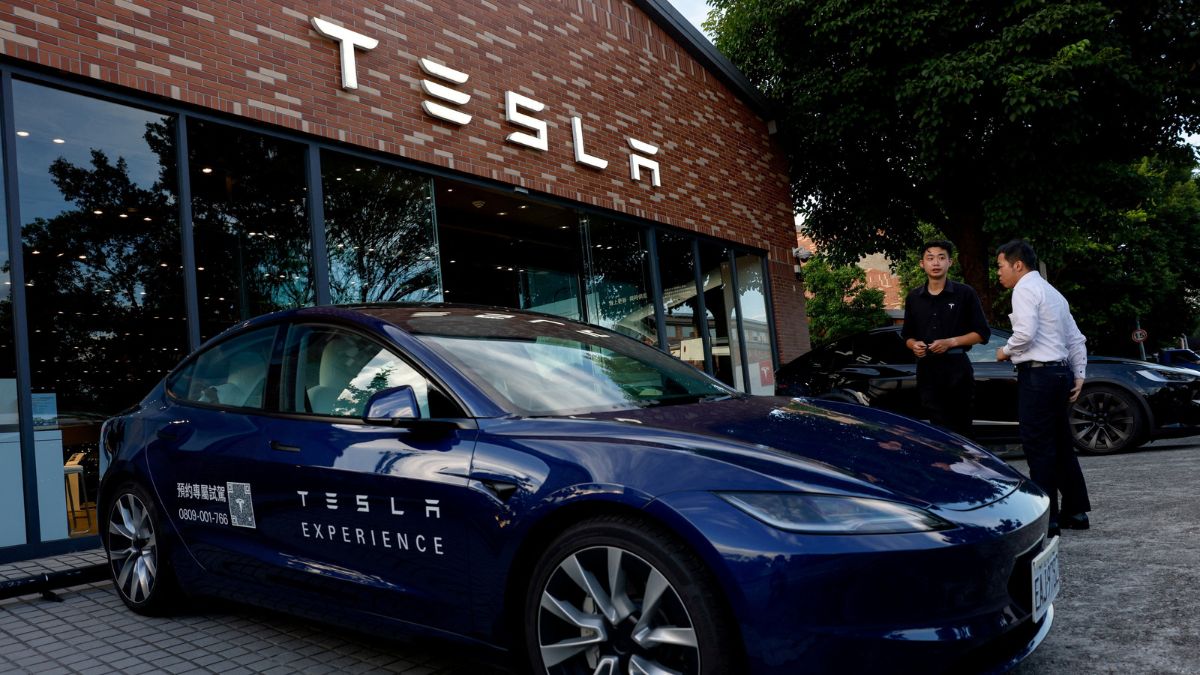Tesla’s India debut has not been that big of a show despite its long-awaited entry. The company has only been able to receive 600 car orders since its launch in the country in July, a figure that is being perceived as underwhelming.
Sources from the company told Bloomberg that the number of orders it has bagged from India is way below Tesla’s own expectations. In fact, the EV-maker delivered about 600 orders every four hours globally during the first half of the year.
Tesla is now planning to ship around 350 to 500 cars to India. The first batch of electric vehicles will arrive in India as soon as the end of September, the sources told the publication.
Deliveries will initially be limited to Mumbai, Delhi, Pune, and Gurugram, the company said. Shipment volumes are based on fully paid orders and Tesla’s current delivery capacity beyond the four cities where it has a physical presence.
Is it the price?
Based on the orders it has received till now, the company’s performance outlook in India seems dim. Factors like deteriorating India-US ties, Musk’s fallout with Trump and high prices of its products have dampened Tesla’s India dreams.
Because of steep import tariffs, Tesla’s entry-level Model Y is priced at over Rs 59,90,000 ($68,000) in India, far above the 2.2 million rupee range where most EV sales occur, according to auto intelligence firm JATO Dynamics. This puts the base variant beyond the reach of most Indian consumers in a market where electric vehicles make up just over 5 per cent of total car sales.
Tesla was also banking on the notion that India’s high import tariffs would be lowered as a result of trade negotiations between New Delhi and Washington. But that seems like a distant reality after Trump slapped 50 per cent tariffs on Indian exports.
Impact Shorts
More ShortsIs it Musk?
Musk’s political involvement, particularly his connection to the Trump administration, had sparked protests at Tesla showrooms across the US and Europe, along with several incidents of vandalism targeting its vehicles and facilities, earlier this year.
Analysts attribute Tesla’s struggles to growing competition from Chinese brands, EU tariffs on Chinese EVs, and consumer backlash against CEO Elon Musk’s political affiliations and activism in Europe.
)